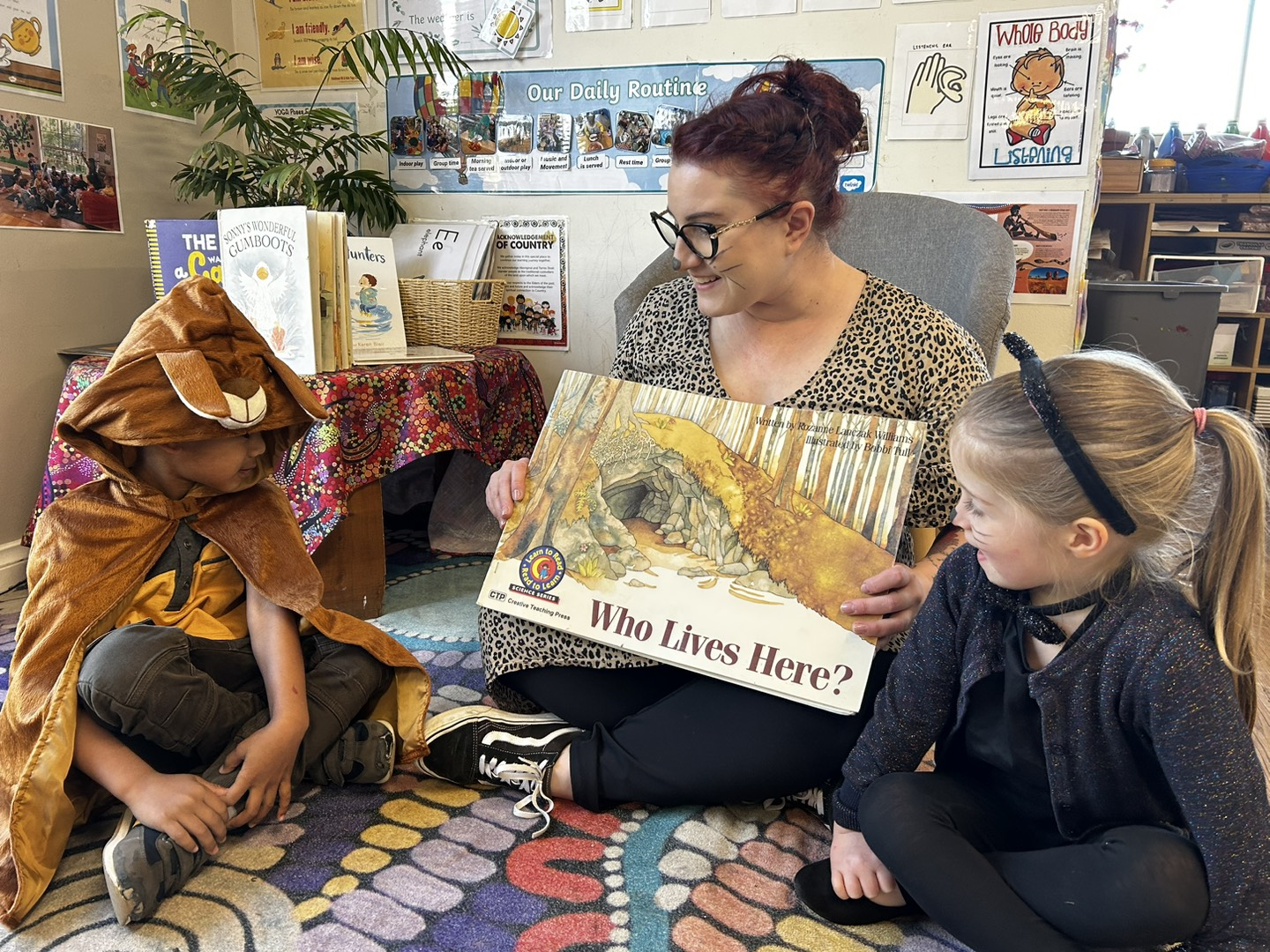
There’s something magical about curling up with your child and reading a story together. The characters come to life, adventures unfold, and bonds are strengthened. But did you know that these cherished moments of reading are doing much more than just creating memories? They’re laying the foundation for your child’s future academic success.
The Connection Between Early Reading & Academic Achievement
Research shows that reading to young children is one of the most effective ways to boost their cognitive, language, and literacy development - skills that are crucial for academic success. When you read to your child, you’re not just sharing a story; you’re helping them build a vocabulary, develop comprehension skills, and understand the structure of language. These early literacy skills are directly linked to better performance in school, particularly in reading and writing.
A study published in Pediatrics found that children who are regularly read to during their early years have a more extensive vocabulary and better language skills by the time they start school. These advantages translate into higher literacy levels, which are a strong predictor of academic success in later years. Moreover, the National Endowment for the Arts highlights that early exposure to reading is strongly associated with higher academic achievement, not just in language arts, but across all subjects.
The Benefits of Shared Reading
Reading aloud to your child does more than just introduce them to new words - it also strengthens their cognitive abilities. The American Academy of Pediatrics emphasises that shared reading experiences enhance neural development, particularly in areas of the brain responsible for language and literacy. This neural development is crucial during the first five years of life when the brain is rapidly growing and forming connections.
Additionally, reading together fosters a love for books and learning. Children who enjoy reading are more likely to develop a positive attitude toward school, leading to greater engagement and motivation to learn. This enthusiasm for learning is a key factor in long-term academic success. By making reading a regular part of your family routine, you’re not only nurturing a lifelong love of books but also setting your child up for success in school and beyond.
Creating a Reading-Rich Environment
So, how can you make the most of your storytime sessions? Here are a few tips:
- Make reading a daily habit: Set aside a specific time each day for reading. Whether it’s before bed or during a quiet moment in the afternoon, consistency is key.
- Choose a variety of books: Introduce your child to different genres, topics, and cultures. This not only expands their vocabulary but also their understanding of the world.
- Engage in the story: Ask questions, make predictions, and encourage your child to talk about the story. This interaction enhances comprehension and critical thinking skills.
- Be a role model: Let your child see you reading for pleasure. Your enthusiasm for books will inspire them to enjoy reading as well.
An Investment in Your Child's Future
Reading stories to your young child is one of the most valuable gifts you can give them. It’s more than just a bonding experience—it’s an investment in their future. The language, cognitive, and literacy skills they develop through early reading experiences will pave the way for academic success, setting them on a path of lifelong learning and achievement.
Storytime is an important part of each day at Papilio Early Learning for babies, toddlers and children in our school readiness program. However, by making reading a priority at home too, you’re giving your child the everything they need to thrive in school and beyond. So grab a book, snuggle up, and enjoy the countless benefits that come with sharing a story.